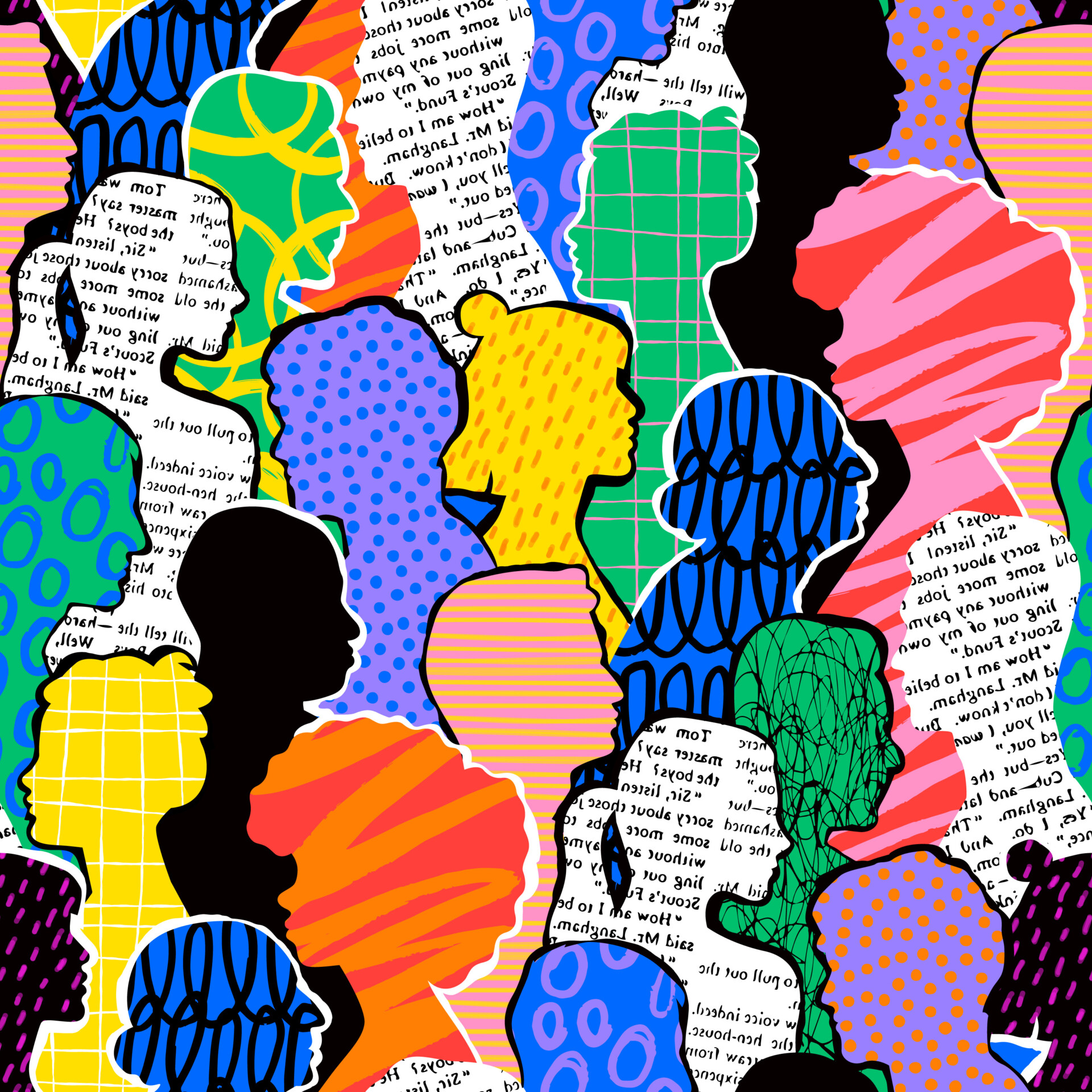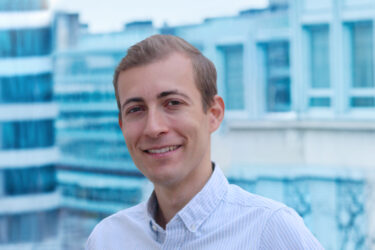Read next
Interview with Alexandre Sawczuk da Silva
»An international team can strengthen the quality of the work we deliver«
Research teams at the Fraunhofer IKS live and breathe diversity. The researchers come from a total of 25 countries. Dr. Alexandre Sawczuk da Silva from Brazil is one of them. In this interview, he describes his path to Fraunhofer research.

© iStock/Dedraw Studio
Nikita Weippert:
Alex, where did you grow up?
Alexandre Sawczuk da Silva:
I was born and grew up in Londrina, Brazil. Londrina is a city with around 560,000 inhabitants, located in the state of Paraná in southern Brazil. Historically, the city was an important producer and exporter of Arabica coffee. I also graduated from high school there.
Nikita Weippert:
What degree program did you pursue and at which university did you study?
Alexandre Sawczuk da Silva:
Although I had initially considered studying English Literature, during my first year I learned more about coding and found it fascinating. After that, I changed my major to Software Engineering and ended up graduating in that area. I studied at the Victoria University of Wellington in New Zealand, where I also completed my doctorate with a thesis in the field of evolutionary computation.
Nikita Weippert:
And was it clear to you from the start that you would like to work in research?
Alexandre Sawczuk da Silva:
Not at all. My initial plan was to have a career in industry, and I only started to consider working in research after I participated in a summer research program offered to undergraduate students at the university.
Nikita Weippert:
How did you get to work at Fraunhofer and how long have you been working and living in Munich?
Alexandre Sawczuk da Silva:
I have been living in Munich for around six years, and I have been working at Fraunhofer for around three and a half years now. I did not have any close connection with Fraunhofer before working here, but I saw an advertisement for the position and thought it sounded very interesting, so I applied.
Nikita Weippert:
Did you already work for another institution or company before you came to Fraunhofer?
Alexandre Sawczuk da Silva:
Before I joined Fraunhofer, I worked at two other companies, also in Germany: at the research center of a telecommunications provider and at a consulting firm in the life sciences sector.

© Fraunhofer IKS
Dr. Alexandre Sawczuk da Silva: "It is rewarding to see that the concepts we design can help customers in a very tangible way."
Nikita Weippert:
What area of research do you work in and what topics do you deal with on a daily basis?
Alexandre Sawczuk da Silva:
I work in the area of industrial automation, focusing on creating systems that can dynamically and effectively react to changes in the production environment. My goal is to keep production processes running even when unexpected events happen. To achieve this, I am also leveraging my background in optimization.
Nikita Weippert:
What excites you about research and working at the Fraunhofer IKS in particular?
Alexandre Sawczuk da Silva:
I find the notion of applied research very exciting: Instead of focusing on purely theoretical concepts, at Fraunhofer IKS we are trying to integrate these ideas into industry. This comes with its own set of difficulties, of course, but it is rewarding to see that the concepts we design can help customers in a very tangible way.
My goal is to keep production processes running even when unexpected events happen
Research Engineer at Fraunhofer IKS
Nikita Weippert:
Were there any challenges in your career in research?
Dr. Alexandre Sawczuk da Silva:
Yes, a few. The training process to become a researcher was quite demanding, and it was also not straightforward to find good opportunities to build up a career after graduation e.g., positions have many applications, salaries are often not as competitive as those in industry, etc.
Nikita Weippert:
What is the biggest cultural difference to Germany that you personally perceived?
Dr. Alexandre Sawczuk da Silva:
In my opinion, the biggest cultural difference is how strangers treat each other in public, e.g. on the street, in stores, etc. Friendliness often leaves a lot to be desired, which I find difficult from my own cultural perspective. However, I have been gradually learning how to look at these situations through a German cultural lens.
Nikita Weippert:
How did you perceive the language barrier, and did you feel that the Fraunhofer Institute supported you sufficiently in this area?
Dr. Alexandre Sawczuk da Silva:
We operate as a bilingual institute, although certain resources are only available in German, so I do not think that there is a large language barrier. Instead, I find that this setup is conducive to gradually learning German as I work. Once a week I have language classes provided by the institute, which give me some structure for the learning process. Now that I am at an intermediate level, I have been joining bilingual meetings and I find that they are helping to improve my professional vocabulary
Nikita Weippert:
Are there many international employees in your team, if so, where do they come from?
Dr. Alexandre Sawczuk da Silva:
Next to me there are currently student assistants from India, Turkey and China working in our department. In addition, there are international colleagues across the entire institute – for example from Pakistan, Canada and Italy – with whom I'm also in regular contact.
Nikita Weippert:
How do you personally deal with cultural differences, are they an issue at work but also in your private life?
Dr. Alexandre Sawczuk da Silva:
When there are cultural differences, I try to put myself in the shoes of the other person and understand where they are coming from. That way, I can learn more about their culture and broaden my own perspective. I have not had any issues with this at Fraunhofer IKS, as we have a cosmopolitan environment, but in my private life it has occasionally been a challenge.
Nikita Weippert:
Do you believe that an international team and an international environment promotes cohesion and cooperation at the institute?
Dr. Alexandre Sawczuk da Silva:
I believe that an international team can strengthen the quality of the work we deliver, as we have a richer set of experiences and perspectives to drawn from. Ultimately, this can lead to more well-rounded ideas and solutions.


